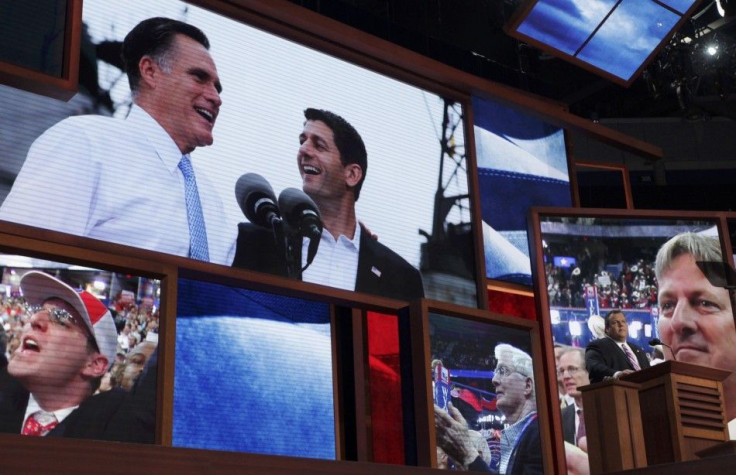Presidential Election 2016: Earlier Conventions Will Free Up Campaign Cash

WASHINGTON -- It's never too early to make summer plans, especially if you're running for president. On Friday the Democrats announced that, like the Republicans, they will schedule their next nominating convention earlier than usual. Both parties will hold their conventions in July 2016.
In 2012, Republicans held theirs the last week of August and Democrats waited until the first week of September. Democrats still haven’t picked a location, but the GOP will convene in Cleveland. (Ohio is a crucial battleground state.)
Republicans raised the idea of moving to an earlier date in the party's 2012 postelection autopsy. The reason: money. Campaign finance regulations prohibit nominees from spending money raised for the general election before they are officially nominated. So the sooner candidates get the nod, the sooner they can start spending -- especially on ads.
The spending rules were a real issue for Mitt Romney in 2012. President Barack Obama was uncontested in the primary, so he was able to spend essentially all of his primary funds setting up for the general election. But Romney had a hard-fought primary and was forced to hold off longer than he wanted to tap into his general election money.
The argument against moving up the date of the nominating conventions always has been that voters aren’t yet paying attention. By having a later convention -- and all the news coverage and free air time that comes with it -- the candidate gets a needed bump heading into the final stretch of the election.
But that argument lost power after 2012. Obama’s campaign began flooding the airwaves with attack ads in swing states during the summer. Romney’s team argued that they didn’t matter -- that voters weren’t paying attention. But as Election Day got closer, voters' TVs were swamped with ads not just from the official campaigns but also from newly created super PACs that could spend limitlessly. Swing state televisions showed almost nothing but political ads.
Instead of starting to pay attention at the end of the campaign, voters instead mostly shut out the noise. That made the communications they already had received even more important. With its early ad barrage, the Obama team succeeded in defining Romney negatively before the Republican candidate put up ads in his own defense.
This time, the general election will be heating up by the time the grill cools down from the Fourth of July barbecue.
© Copyright IBTimes 2025. All rights reserved.






















